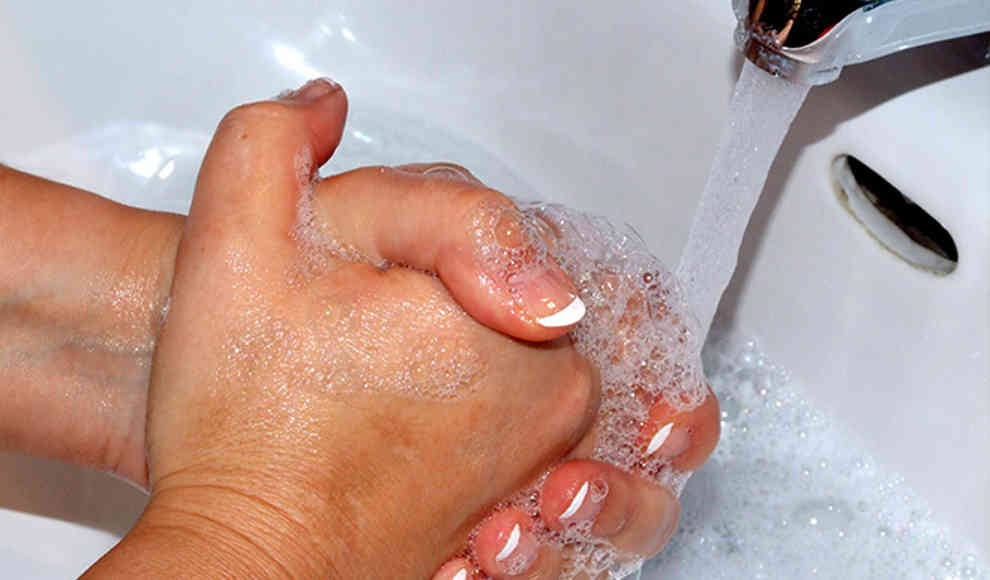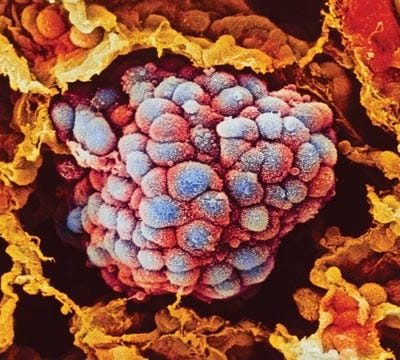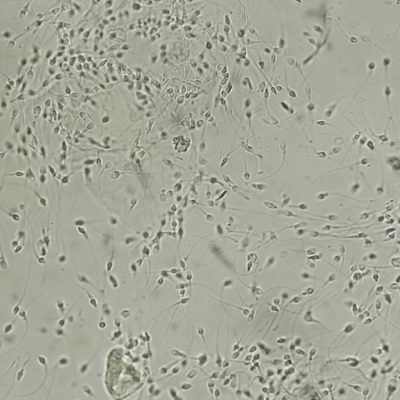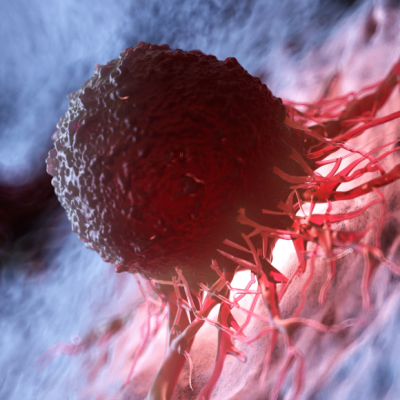Chemicals are present in many of the products we use daily, including hygiene products like soap, toothpaste, deodorants, and cosmetics. While these products are meant to keep us clean and healthy, a recent study has shown that too much cleanliness, especially with chemical additives, can be dangerous. Triclosan, a previously considered safe ingredient in many hygiene products, is now suspected of causing liver damage and cancer. In Germany, Triclosan is allowed up to 0.5% in products, but it is even detectable in the blood. Long-term studies have shown that Triclosan can negatively affect the muscular system, even at low doses. A new study has shown that Triclosan can also cause liver fibrosis, which can lead to liver cancer.
The study was conducted on mice, who were given food enriched with 0.08% Triclosan for eight months. The researchers found that the mice who were given Triclosan had enlarged livers, with genes for cell division that lead to liver fibrosis being particularly active. Liver fibrosis is a process where liver tissue transforms into collagen, a structural protein found in the human body. While collagen is a natural protein, it can negatively affect the liver’s blood-cleansing function, leading to the development of liver cancer in the long term. The mice who were given Triclosan were also more susceptible to the development of liver cancer when given a cancer-promoting agent. The researchers believe that the results of the study can be applied to humans, as long-term exposure to Triclosan can increase the risk of liver cancer through liver fibrosis.
The problem with this discovery is that there is limited ability to prevent exposure to Triclosan. While individuals can control their consumption habits, they have limited control over the use of Triclosan in products. The study highlights the need for further research into the safety of chemicals used in hygiene products and the need for regulation to protect consumers. It is essential to be aware of the potential risks associated with the products we use daily and to make informed decisions about their use.










